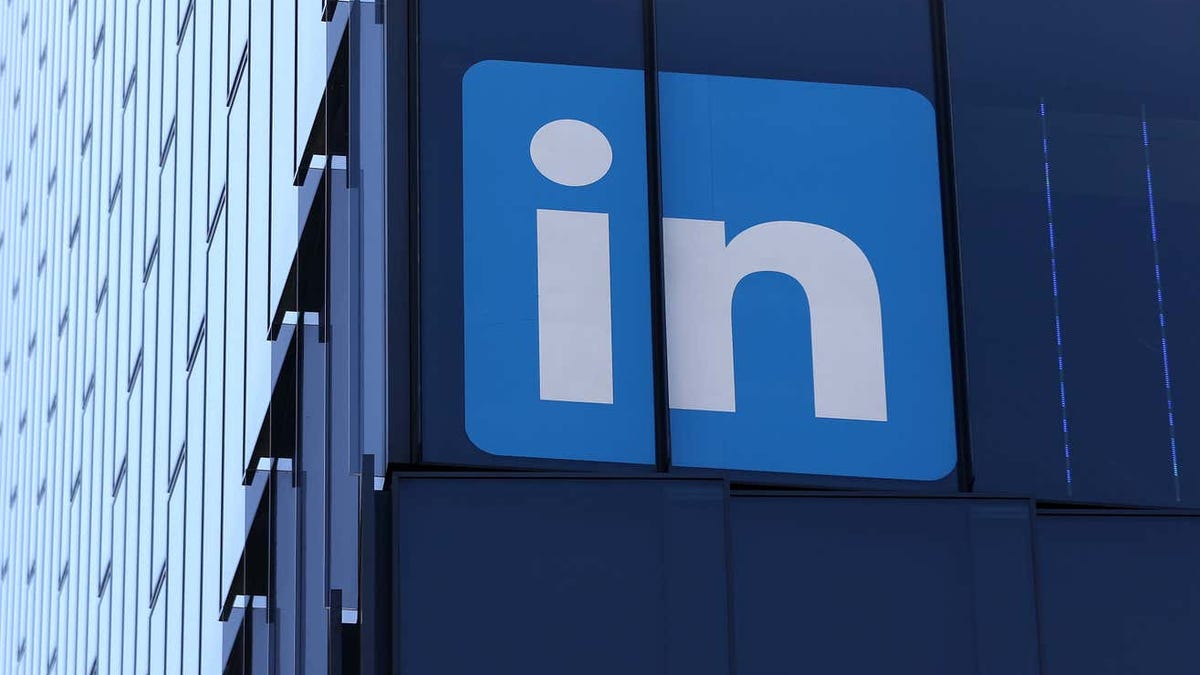Artificial Intelligence in the Workplace: A Productivity Tool, Not A Threat
The integration of artificial intelligence (AI) into workplaces is becoming increasingly prevalent, with many employees embracing the technology as a means to enhance productivity, according to a recent report from Microsoft and LinkedIn. Despite concerns that AI may lead to job displacement, the study reveals that a significant number of overwhelmed workers are leveraging AI tools to streamline tasks and optimize efficiency.
Key Findings from the Study
- 31,000 individuals from 31 countries participated in the survey, providing valuable insights into labor trends.
- Three out of four employees are utilizing generative AI in their daily work routines, with nearly half of them adopting AI tools within the last six months.
- 90% of respondents acknowledged that AI technology has enabled them to save time, while 84% credited AI for enhancing their creativity and allowing them to focus on more strategic tasks.
- Interestingly, 78% of workers, spanning various age groups, are introducing their own AI solutions into the workplace, underscoring the growing personalization and customization of AI usage among employees.
One of the primary drivers behind the increased adoption of AI tools in the workplace is the escalating challenge of managing the pace and volume of work responsibilities. 68% of survey participants highlighted this struggle, with 48% expressing feelings of burnout as a result. These statistics underscore the critical role that AI technology plays in alleviating the burden on employees and fostering a more efficient work environment.
Microsoft’s Strategic Focus on AI
Microsoft has been at the forefront of AI innovation, with products like Copilot office tool leading the way in transforming the workplace experience. By gauging employees’ sentiments and perceptions regarding AI technology, Microsoft is able to tailor its offerings to meet the evolving needs of modern workforce dynamics.
Quartz journalist Britney Nguyen delves deeper into the implications of the survey findings, shedding light on the broader impact of AI integration in work culture.
Quotable: “I’m not your mom. I only care about results.” — Qu Jing, Chinese tech giant Baidu’s former head of public relations
Qu Jing’s recent remarks about work culture and productivity have sparked controversy and raised concerns about the intensity of expectations within the tech industry. The fallout from her statements serves as a cautionary tale about the potential repercussions of fostering a toxic work environment.
Additional Insights and Developments
- Elizabeth Holmes’ prison sentence continues to generate attention and speculation, as her term undergoes revisions.
- A Silicon Valley VC’s assertion that half of Google’s white-collar workforce is not engaged in meaningful work has stirred debate within the tech community.
- Califonia Forever’s CEO defends a controversial urban project, showcasing the challenges of innovation in urban planning.
- Anthropic’s founders’ critique of OpenAI executives sheds light on the complexities of AI governance and accountability.
- Target’s selective approach to selling Pride Month products reflects a nuanced response to consumer feedback and social responsibility.
For inquiries, feedback, or success stories related to AI integration in the workplace, please reach out to [email protected]. This thoughtfully curated edition of The Memo was crafted by a talented team encompassing Britney Nguyen, Rocio Fabbro, and Morgan Haefner.
Image/Photo credit: source url





